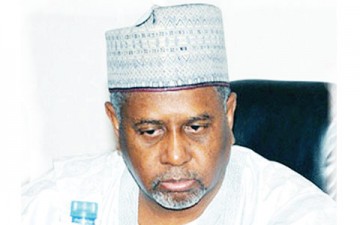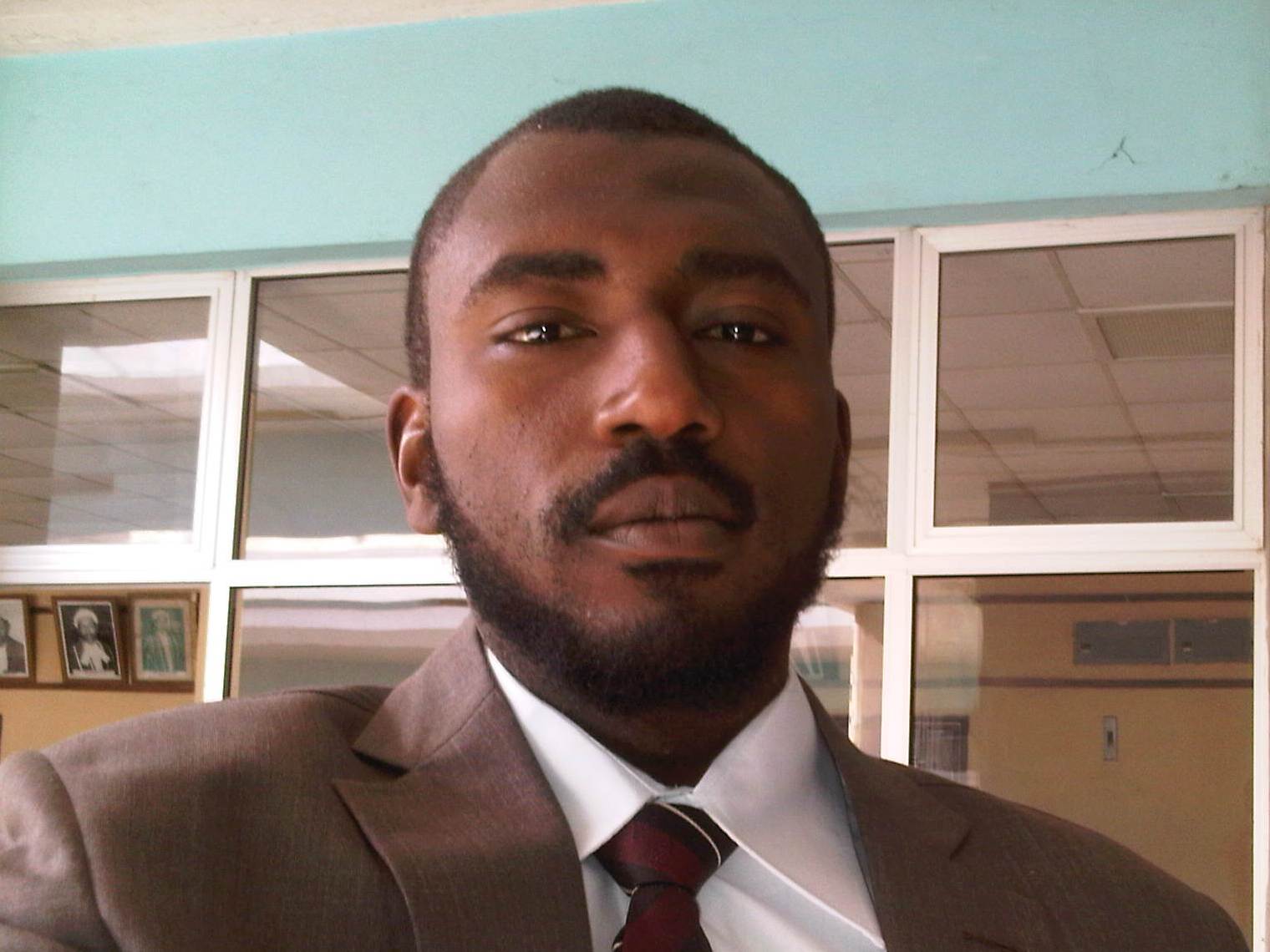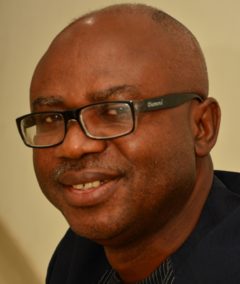As February 14 approached, I couldn’t take a decision to move, along with my family, to a safer part of the world or to remain in Abuja. After listening to national security adviser Col. Sambo Dasuki (rtd) speak at Chatham House, London, I figured that the election would be shifted or cancelled outright. I knew that NSA Dasuki was the head of the security agencies – the service chiefs report to him – and that his advice to INEC could not be ignored. But I also believed INEC chairman Professor Attahiru Jega would ignore the advice and damn the consequences, if INEC was really prepared for the polls.
As things have turned out, Dasuki had been right about the electoral body’s non-preparedness for the polls. By yesterday, the presumed Voting Day, distribution of voter cards was still moving at snail’s speed. Perhaps 20 million permanent voter cards had not been picked up, not because their owners rejected them but because the cards were not available. I even heard that ballot papers were still being printed in China!
Dasuki’s advice to postpone the polls came during a question-and-answer session on the occasion in London. Both in his main address and when he spoke off the cuff, he was not particular about security threats in the north-east as a reason for his advice; he was concerned about the PVCs.
Jega would have been justified in conducting the polls, however, if INEC had been ready when the security chiefs waved the insurgency danger. I would have hailed him because the Boko Haram war has been with us for five years now and is not likely to end before May 29. So, the six-week extension has become an opportunity for the electoral body to put its house in a better condition. A proof of its non-preparedness is that it has extended the time for voters to pick their PVCs to March 8 – more than three weeks from now.
It could be safely argued, therefore, that the service chiefs (led by Dasuki) were more concerned about disenfranchisement of voters than security threat when they wrote INEC to postpone the polls. By so doing, they have saved INEC a huge embarrassment and offered a leeway to those seeking to defuse the tension that has accompanied this year’s polls. And, as I have said before, Jega could have accepted the advice only because he was not yet ready to organise free and fair polls, not for lack of military men to be on duty on Polling Day.
We should thank Dasuki then. I thought INEC was ready.
On a personal level, I thank Dasuki, defence minister Gen. Aliyu Gusau (rtd), and the service chiefs for the “coup” that has enabled me to save perhaps N5million that would have gone into relocating my family to Ghana, Togo or Europe. [On Facebook, I stopped short of placing a fatwa on the head of education minister Ibrahim Shekarau for ordering that schools must not be shut before the polls.] Even those who moved to their villages in Nigeria have been licking their wounds: some have moved back; some are still spending money but earning nothing in their home states. Will they take off again shortly before March 28?
On a general level, the nation should be grateful to Dasuki and co for doing better than the gladiators of 1993. As a senior reporter at the time, I knew that certain military officers and civilian leaders were not comfortable with the June 12 presidential election. To their surprise, the election turned out peaceful and Moshood Abiola of the SDP won. The man who presides over the Nigerian Senate today, then Brigadier-general David Mark, was one of those that did not speak up for the sanctity of June 12. Then, on June 23, the “annulment” happened!
It was a stupid move from which Nigeria has yet to recover. If the military regime of Babangida did not want the election or Abiola, it should have prevented the election from taking place. Using Arthur Nzeribe’s ABN to purchase a court injunction stopping the poll (against the electoral law) was too lame for a military administration. IBB took responsibility for the “annulment”, but we knew there were several hotheads in the army – and several security advisers – whose advice forced him to do it. I remember IBB telling Abiola later, “They will kill me. They will kill you.” If they had warned NEC boss Professor Humphrey Nwosu of security threats, he probably would have succumbed as Jega has. Staging a coup to topple Abiola would have been even more acceptable than one Col. Haliru Akilu slapping and kicking Prof. Nwosu to stop him from releasing the results of an election in which over 14 million Nigerians voted.
For stopping INEC now rather than later, Dasuki, Gusau and the service chiefs deserve high marks. They would deserve even higher marks if they helped INEC to get better prepared for March 28 and if they supported whoever emerges winner of the presidential election. The IBB regime probably got away with the crime of “annulment”, but the nation is still paying the price: The standoff that followed claimed, directly and indirectly, the lives of some of the major players like Abiola (who won the election), his wife Kudirat, Gen. Sani Abacha, Gen. Shehu Yar’Adua, and hundreds of other Nigerians who were mowed down in the streets as they protested that injustice. Several lives were lost on the roads as panicky Nigerians fled to their hometowns for fear of the unknown. Many businesses did not recover from the aftershocks of 1993. And it was the injustice of June 12 that led to people like Ernest Shonekan, Gen. Abacha, Gen. Abdulsalami Abubakar, and then Olusegun Obasanjo, Umaru Yar’Adua and now Goodluck Jonathan ruling Nigeria.
This is the morning after we would have walked into a disaster. This week, the National Assembly will resume plenary sessions. Rather than waste more time inviting Jega or Dasuki or Gusau or any of the service chiefs to explain what happened, the legislators should face their main business: they have yet to pass several bills including the PIB, and they have contributed little to the sanitisation of the electoral process.
Indeed, he who fights and runs away lives to fight another day, as Bob Marley sang. I observe that tension is reducing across the land. May it not build up again as March 28 draws near.
— By Aniebo Nwamu
#














